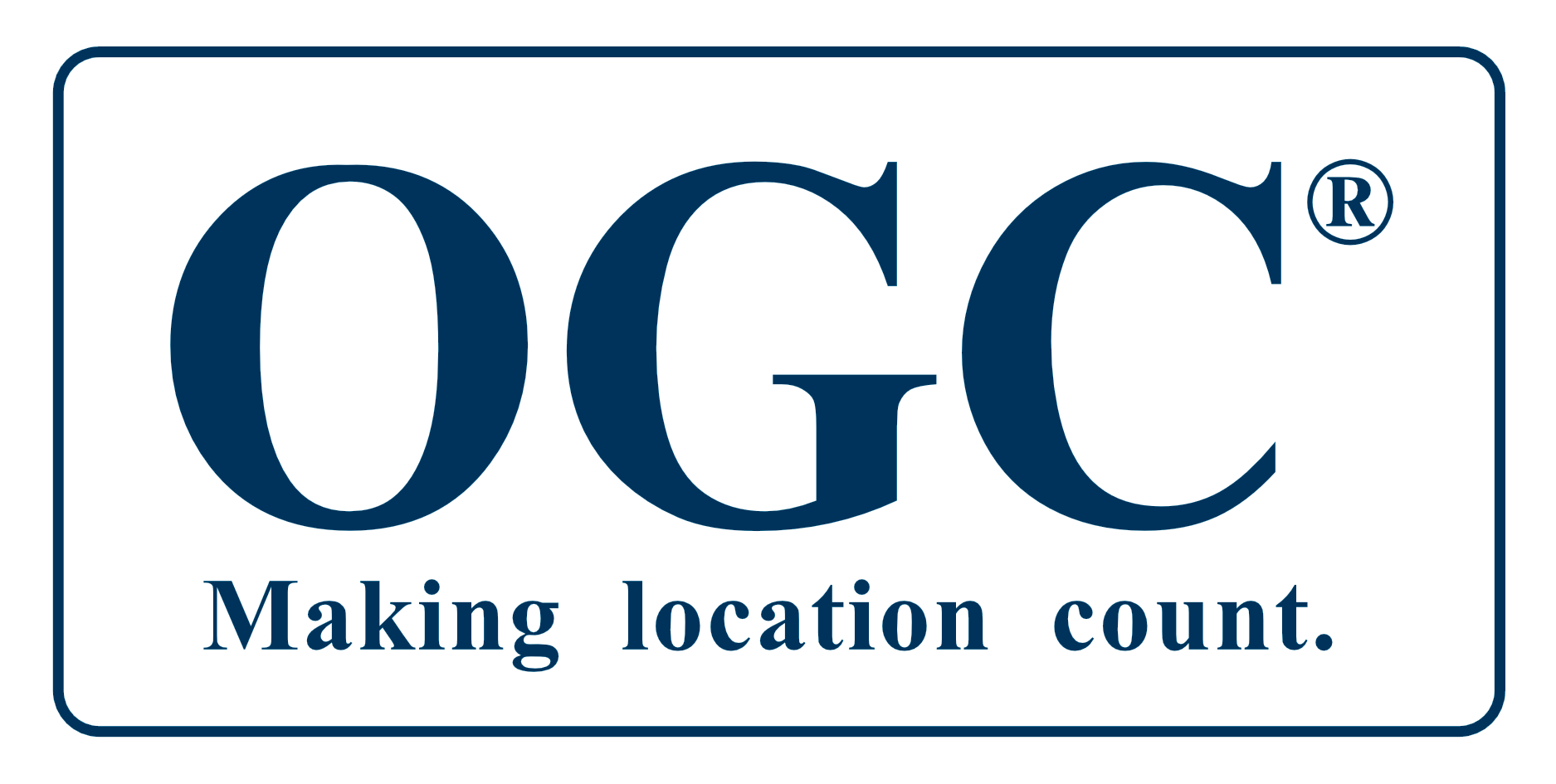OGC Standards Roadmap
- This OGC page describes the adoption process for current Standards
OGC Abstract Specifications
- The OGC Abstract Specification provides the conceptual foundation for most OGC specification development activities. Open interfaces and protocols are built and referenced against the Abstract Specification, thus enabling interoperability between different brands and different kinds of spatial processing systems.
OGC Implementation Standards
- The OGC Implementation Standards are different from the OGC Abstract Specification. They are written for a more technical audience and detail the interface structure between software components. Any Schemas (xsd, xslt, etc) that support an approved Implementation Standard can be found in the official OGC Schema Repository.
OGC APIs
- The OGC API family of standards are being developed to make it easy for anyone to provide geospatial data to the web. These standards build upon the legacy of the OGC Web Service standards (WMS, WFS, WCS, WPS, etc.), but define resource-centric APIs that take advantage of modern web development practices. These standards are being constructed as "building blocks" that can be used to assemble novel APIs for web access to geospatial content. The building blocks are defined not only by the requirements of the specific standards, but also through interoperability prototyping and testing in OGC's Innovation Program.
OGC Community Standards
- An OGC Community standard is an official position of the OGC endorsing a specification or standard developed external to the OGC. A Community standard is considered to be a normative standard by OGC membership and part of the OGC Standards Baseline. The key consideration for a Community standard is that there must be strong evidence of implementation. Community standards can serve two purposes: (1) to bring de facto standards from the larger geospatial community to be a stable reference point that can normatively referenced by governments and other organizations; and (2) to bring new, but implemented, standards to the OGC to form the basis for further refinement and development of interoperability between other OGC standards.
OGC Best Practices
- OGC Best Practices highlight the practical use of one or more OGC standards within a specific domain or to address particular use cases. Best Practices can describe how the standards are applied against scenarios or define a profile of a standard to tailor that standard to the requirements of a specific community. Schemas for some of these documents can be at the Best Practices Schema Repository
OGC Engineering Reports
- Engineering Reports are created as deliverables in the OGC Innovation Program to describe the work and results of interoperability initiatives. OGC Engineering Reports are not standards and should not be referenced as required or mandatory technology in procurements. However, the discussions in these documents could very well lead to the definition of OGC standards.
OGC Technical Papers
- Technical Papers are OGC member-approved publications released to the Public that present a position on one or more technical considerations. They often include a high-level explanation of a standards-based architecture or framework of a solution. Technical Papers explain the results or conclusions of research and explore their applicability to an operational environment. A Technical Paper is not an official position of the OGC.
OGC Discussion Papers
- Discussion Papers present topics and technology issues being considered in the Working Groups of the OGC Technical Committee. Discussion Papers serve as a means to advance new topics and promote interoperability concepts within the geospatial industry. These papers do not represent the official position of the Open Geospatial Consortium nor of the OGC Technical Committee. Schemas for some of these documents can be at the Discussion Paper Schema Repository.

